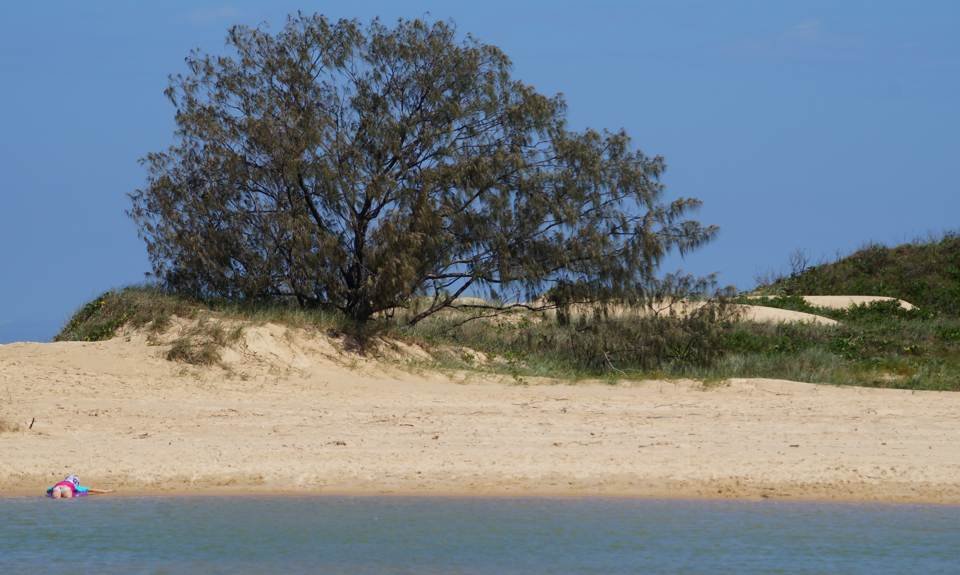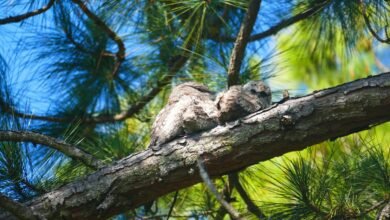Xmas at Valla





I never go on holiday, if I did perhaps I would think more.
‘Those of us who were trained in the 1950s and 1960s were taught that “hard” social, behavioural, or cliometric scientists had to eschew “feelings” unless they took the form of analysable data gleaned from opinion polls and the like. Anyone who raised questions about inner feelings or the meaning or value of human life was patronized as a “poet” and dismissed from serious circles altogether.’ Barry Seldes, HABSBURG, December, 1996.


Too much work in the garden planting Christmas presents: native frangipani, native gardenia, crimson penda, and a ginkgo tree.


Thinking about my conception, Lake Como (and Wittgenstein)
In 1914, on the eve of the war, Wittgenstein returned to Vienna to enlist, not only to defend his country, but his sister says he felt he needed to do something difficult and demanding other than purely intellectual work.
On 7 August he voluntarily reported for duty although excused from military service on the grounds of a double hernia. On the same day he was posted to a fortress artillery regiment.
Two days later he began the first extant manuscript volume of the Tractatus Logico-Philosophicus.
He was wounded and decorated several times and was promoted to corporal on 1 September 1916. 1 February 1917, Wittgenstein was promoted to reserve officer (Lieutenant).
September 1918 found Wittgenstein back at the southern front. Encircled by the Italians, he constructed his own mortar using a method dating back to antiquity: he wound bronze wire around a tree trunk of the same diameter as the shells and by means of an intense fire, fused the metal into a gun barrel.
On 3 November the Austrian forces near Trento were taken prisoner. He was sent to a camp near Como worked on Tractatus Logico-Philosophicus and completed the manuscript in early 1919 at a POW camp at Cassino.
“The Tractatus consists of two parts: the one presented here plus all that I have not written. And it is precisely this second part which is the important one. My book draws limits to the sphere of the ethical from the inside as it were, and I am convinced that this is the ONLY rigorous way of drawing those limits.” Wittgenstein, letter to the editor, Ludwig Ficker.
If, as Wittgenstein said, philosophy is an illness of language, what of poetry?
Wittgenstein was invited to a meeting of the Vienna circle: “When he finally came, instead of answering their questions about his book, he sat facing away from them reading Tagore, the Indian poet, for over an hour and then got up and silently left the room. Afterwards Carnap remarked to Schlick, “I guess he is not one of us.” Phil Shields, Wittgenstein & Silence.
My mind zooms onto Lake Como where it all began, an achingly beautiful scene Fox Talbot captured with a camera obscura at Bellagio (bella, beautiful; agio, ease) and found he wanted more and began to imagine a more mechanical, precise and immortal process, ‘the art of fixing shadows’.
In the English gardens of the Villa Melzi where Liszt read Dante aloud to inspire his ‘Transcendental Studies’ among Egyptian statuary stolen by Napoleon (it’ s that kind of place) I gazed across one of the deepest lakes in Europe, to where I was conceived. The honeymoon suite of the Grand Hotel, close by the gardens of Villa Carlotta. A peaceful scene where Marinetti, that most warlike poet, chose to die.
“This lake exceeds anything I ever beheld in beauty, with the exception of the arbutus islands of Killarney. It is long and narrow, and has the appearance of a mighty river winding among the mountains and the forests”.Shelley letter to Thomas Love Peacock, 1818.



